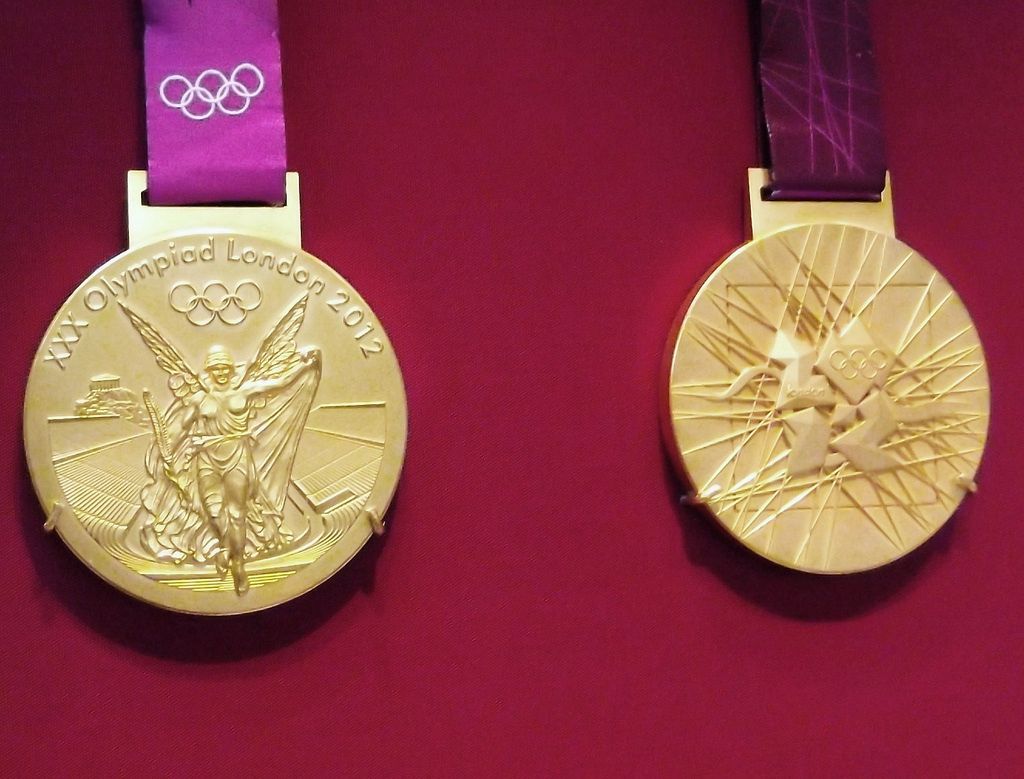| Sure, it’s exciting to watch American athletes who compete in obscure sports perform well during the Olympics. And yes, it’s true many of these athletes sacrifice much for their sport. Some of them have to maintain part-time or full-time employment to keep paying the bills while they train. NBA athletes make tons of money, but unless they have a big endorsement deal, swimmers, gymnasts, table-tennis players and archers have little reward but the love of the game. |
| | So you hardly can blame politicians such as Sen. Chuck Schumer, D-N.Y., for trying to gain popularity points by calling on Congress to exempt Olympic athletes from paying income taxes on their Olympic winnings. But it’s a silly idea. It’s not based on any notion of fairness and it detracts attention from something that already is getting too little notice this election season — the need for real across-the-board income tax reform. Generally speaking, politicians have no shortage of income tax reform proposals. All you have to do is ask one of them. He or she will be happy to supply you with ideas. Generally, these focus on simplifying what has become a complicated mess of deductions and specific tax breaks for certain industries, people or activities. Some Republicans have championed the idea of eliminating loopholes and deductions, then lowering overall rates — a combination they say would keep revenues where they are while creating greater fairness. Even President Obama has presented a plan that would None of these will translate into a reform bill this year, but that’s another story. However, the idea almost universally accepted is that we need fewer loopholes, not more. And people seem to be in agreement with that until something like the Olympics tugs at our heartstrings. Then, adding just one more loophole sounds OK. It might even sound as if doing so would right some inherent wrong and inject fairness into the tax code. “Our Olympian and Paralympic athletes should be worried about breaking world records, not breaking the bank, when they earn a medal,” Schumer said in a press release. He also noted a lot of countries subsidize their athletes with money taxed from the general population, adding, “the very least we can do is make sure our athletes don’t get hit with a tax bill for winning.” When a U.S. athlete wins in Rio, he or she gets a medal, of course. Then the U.S. Olympic Committee ads a cash prize — $25,000 for gold, $15,000 for silver and $10,000 for bronze. To the IRS, this is all taxable income, just as any bonus you might earn at work or any prize you might win on a game show would be taxable. In a blog for the Tax Foundation, a non-partisan research group in Washington, Kyle Pomerleau said it makes sense to tax these winnings. Athletes of all kinds, from tennis players to golfers, earn money based on winnings. The last thing we need is to create another loophole by exempting specific professions from taxes. Look at this even closer and Schumer’s idea is glaringly unfair. Swimmer Michael Phelps has won 19 gold medals and has lots of endorsements. The NBA players in Rio are expected to win the gold. Should these people be exempt from taxes on their Olympic winnings, when they otherwise are wealthy from their athletic pursuits? If we continue down this road, why do we tax schoolteachers on their meager earnings when they contribute so much to society? I’m sure enterprising readers could come up with a list of other worthy pursuits for which Congress could carve out yet more loopholes. Enough. What we really need is comprehensive reform that simplifies the income tax and stops distorting tax liabilities from one type of earning to another. Too bad that, despite all the plans floating around, including from the main presidential candidates, no one in leadership in Washington will get serious about that. |


 RSS Feed
RSS Feed

